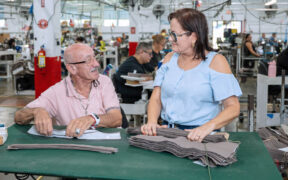
Company expands mission to provide inclusive jobs for people with diverse disabilities. #NewsismyBusiness
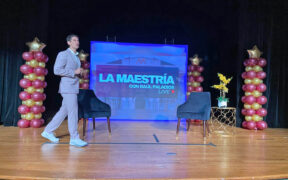
October sessions will promote financial education, leadership and professional growth among students. #NewsismyBusiness

Investor event connects Puerto Rican entrepreneurs with capital and strategic partners. #NewsismyBusiness
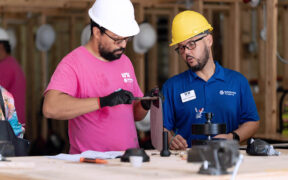
BuildStrong Academy trains Puerto Ricans for skilled trades, creating jobs and strengthening recovery. #NewsismyBusiness
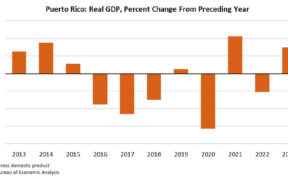
Exports, government spending and tourism drive economic rebound, BEA data shows. #NewsismyBusiness

PRASA selects firm for 1.1-mile ocean outfall replacement damaged by Hurricane María. #NewsismyBusiness
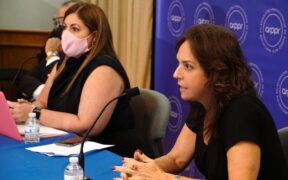
Karen Garnik to represent island at international forum on public relations and strategic communication. #NewsismyBusiness
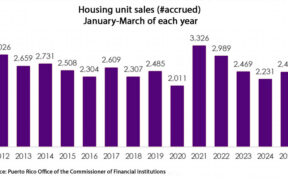
Index shows limited relief despite falling prices and higher sales. #NewsismyBusiness
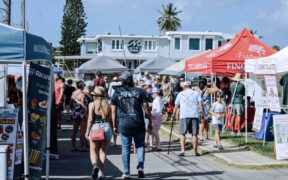
USDA-backed program expands fresh food access, aids farmers. #NewsismyBusiness

Organization recognized by IEDC for promotion strategies. #NewsismyBusiness

Program supports incubation and acceleration of entrepreneurs. #NewsismyBusiness
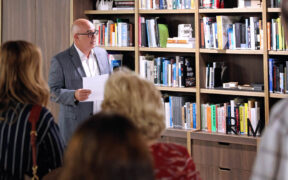
Firm invests $800,000 in space to drive growth and innovation. #NewsismyBusiness

Analyst Graham Castillo says Puerto Rico now faces legal and economic questions. #NewsismyBusiness






NIMB ON SOCIAL MEDIA